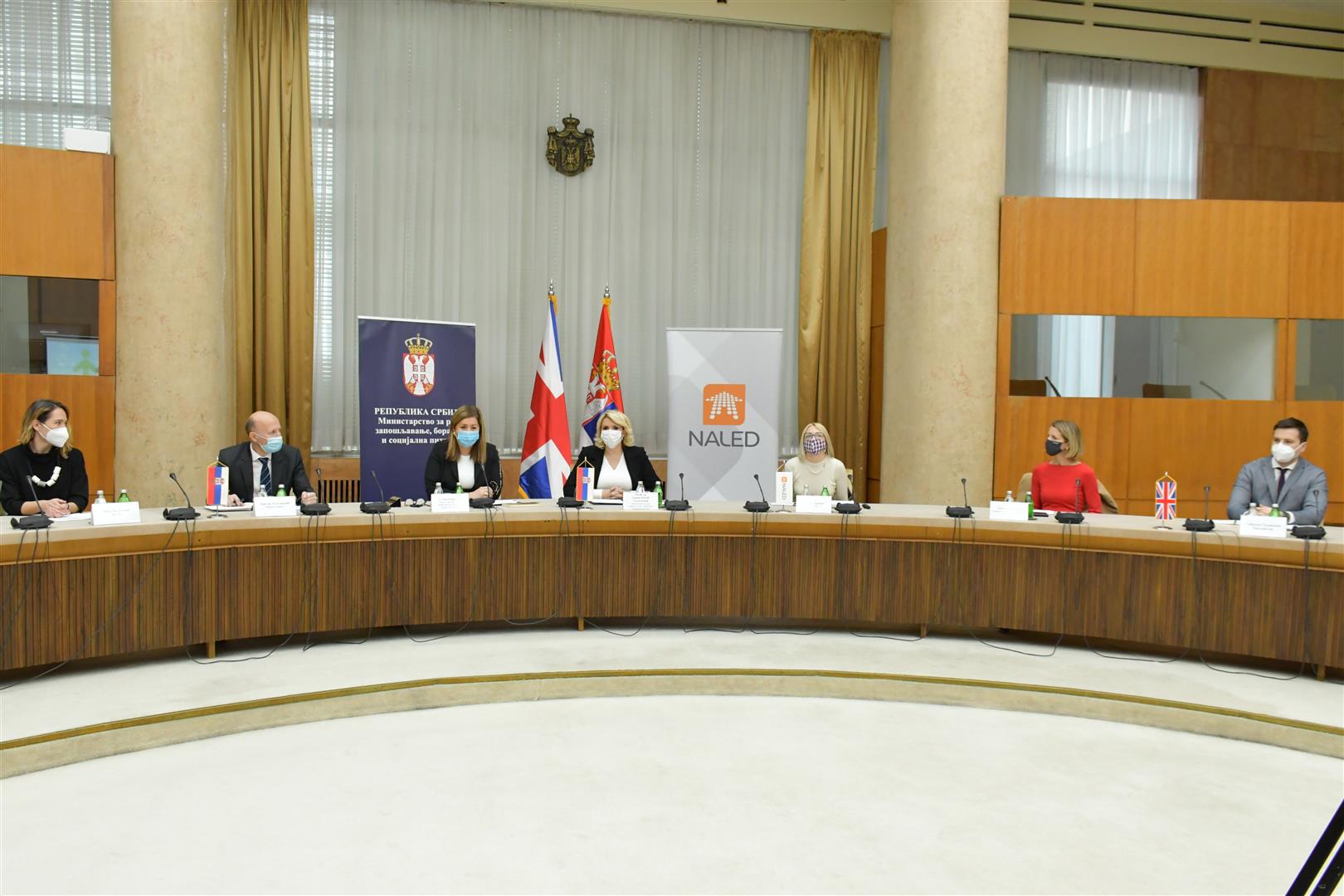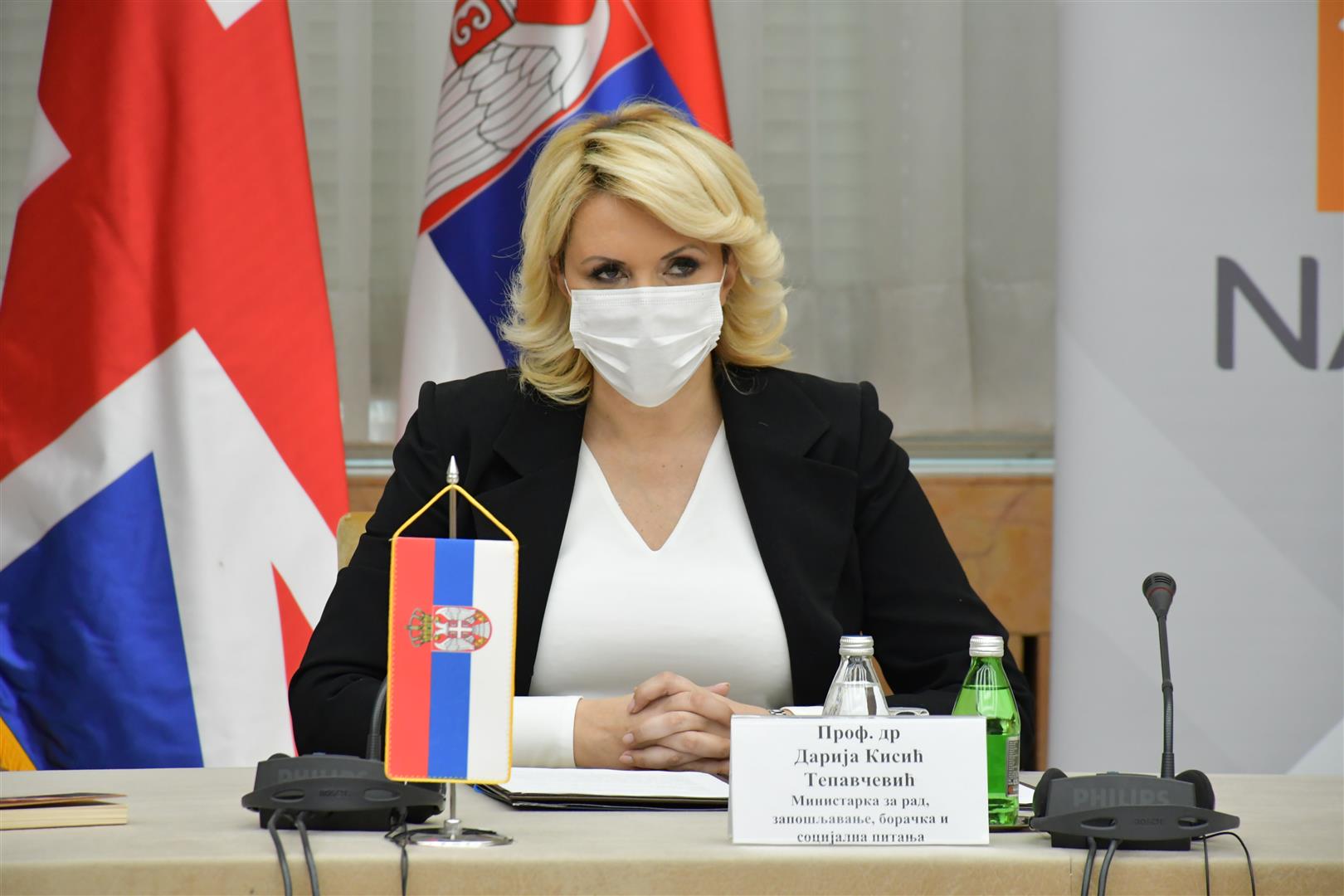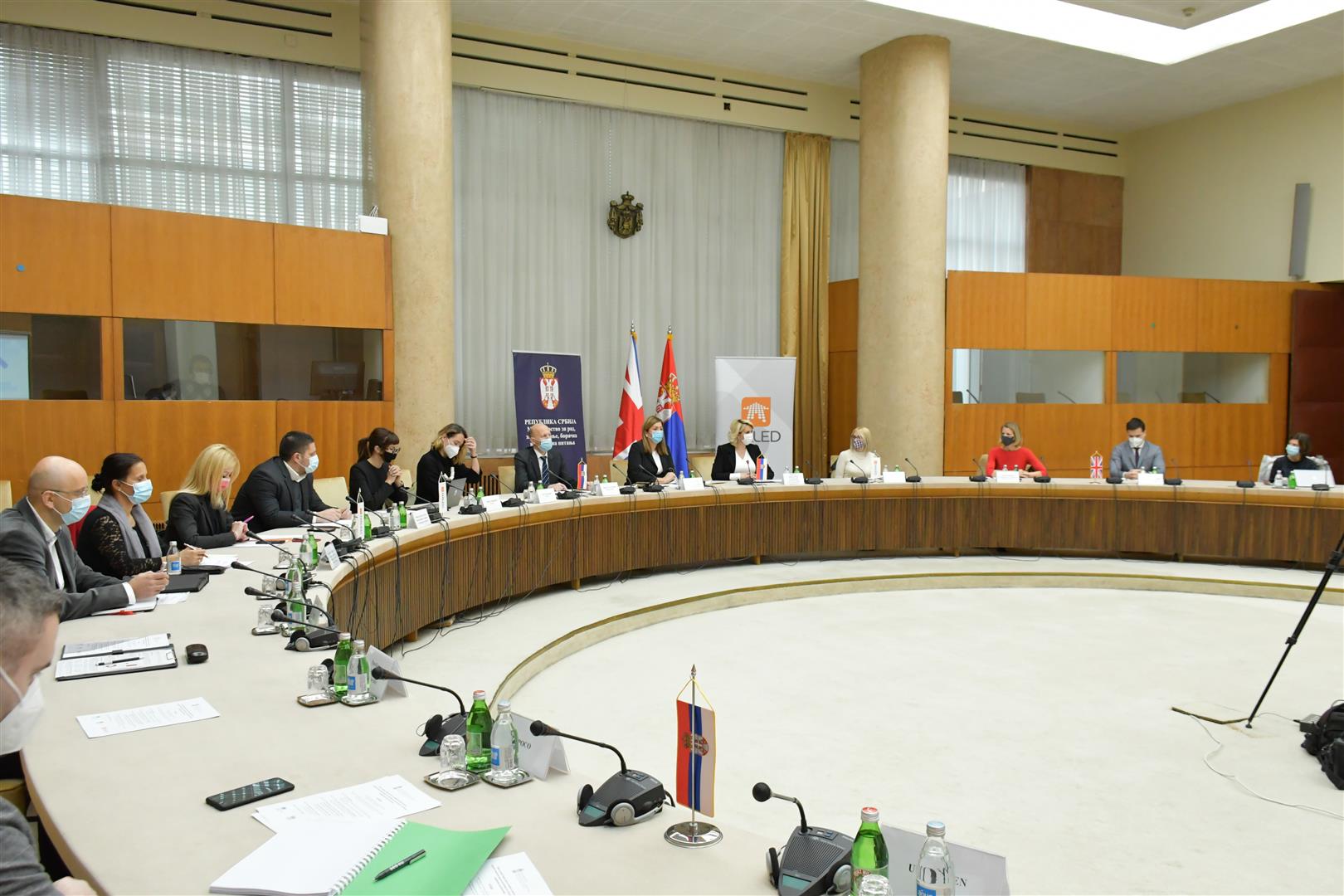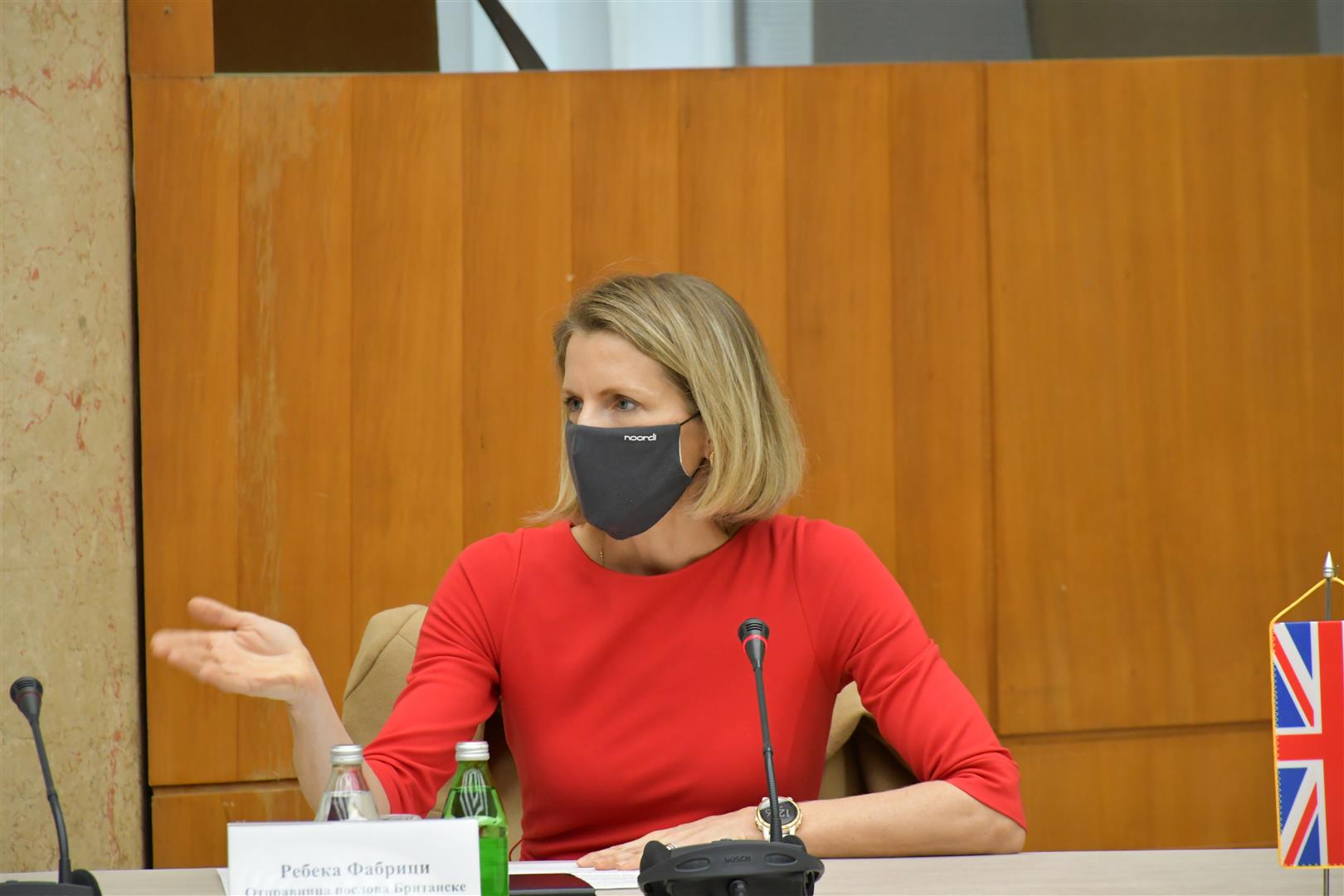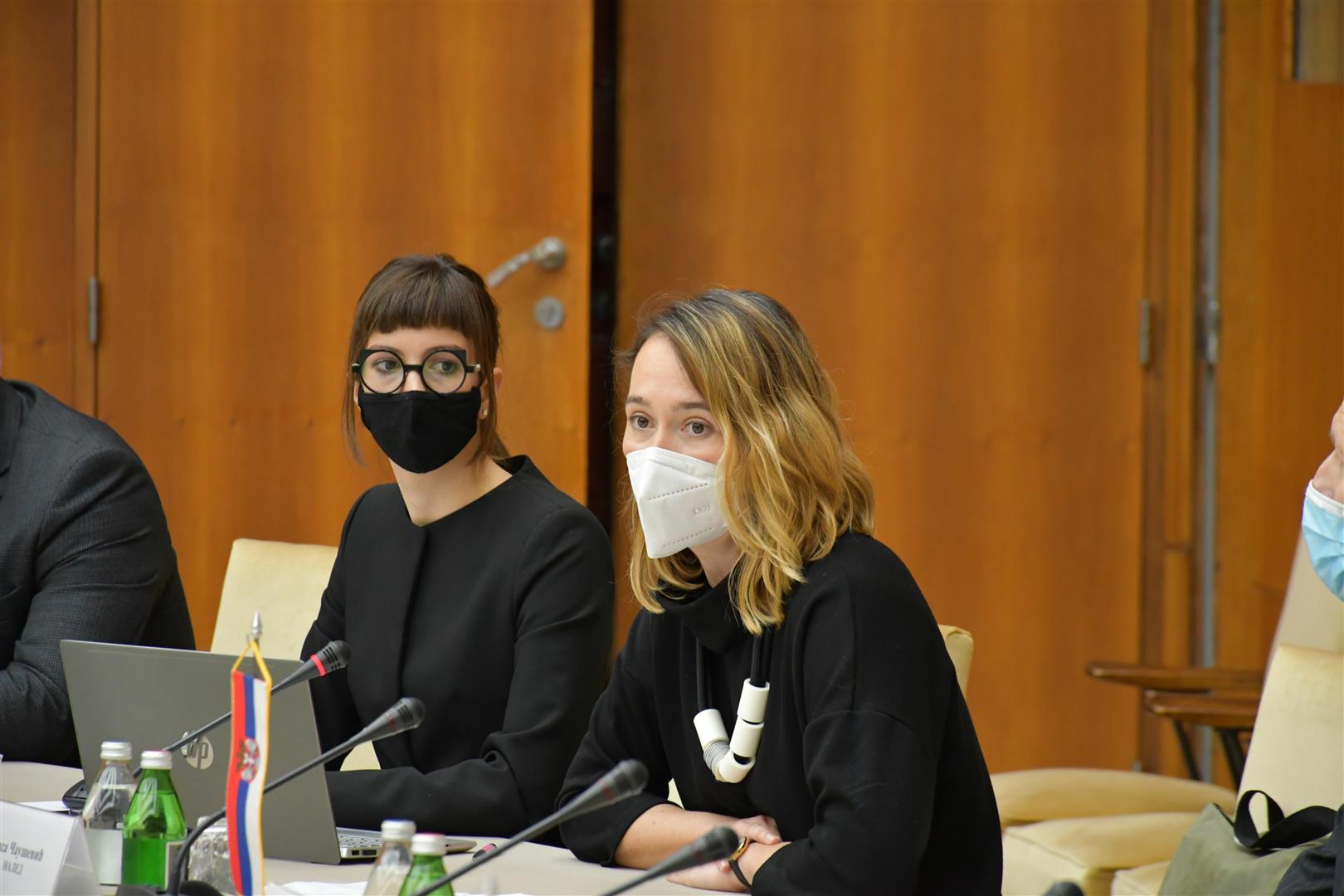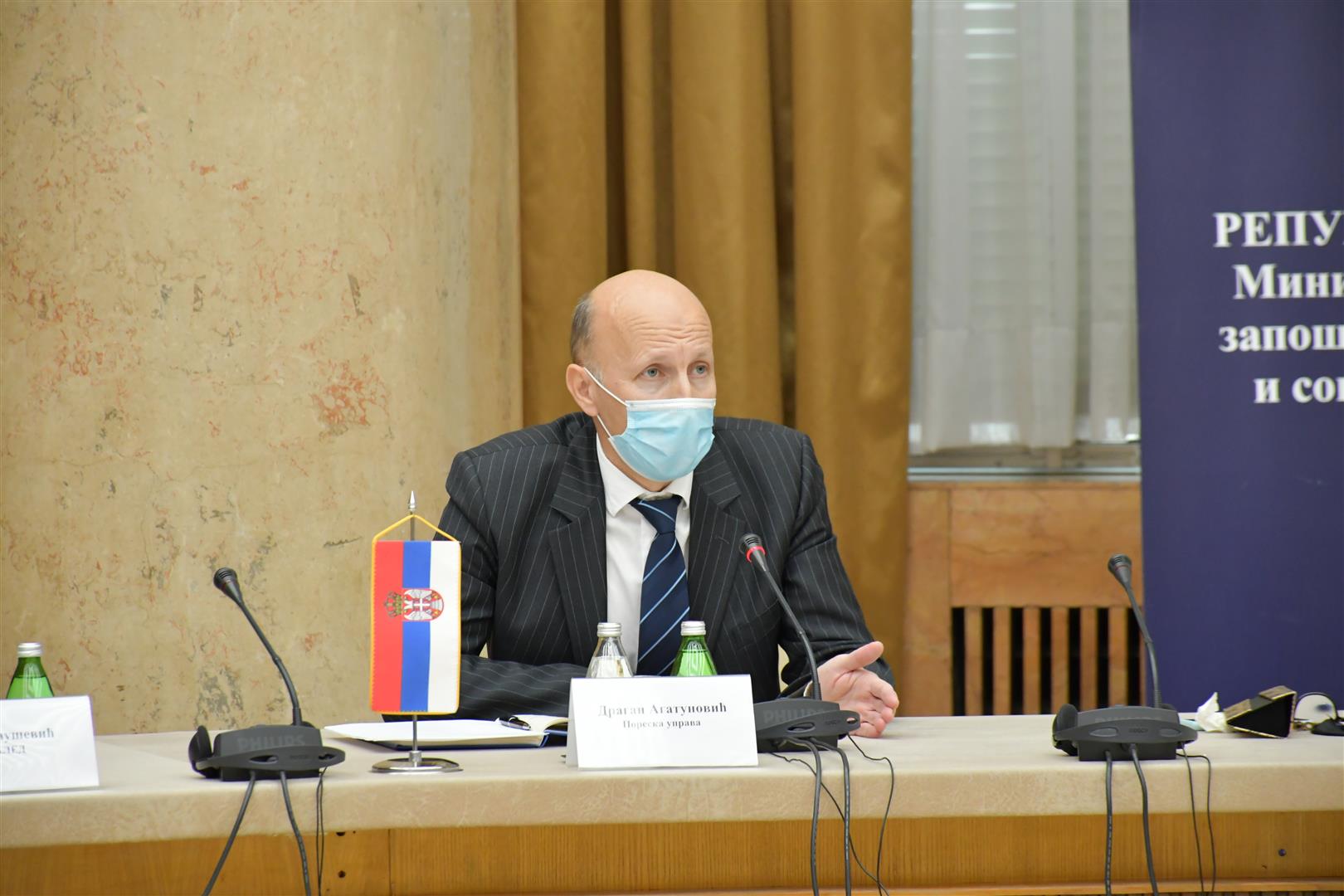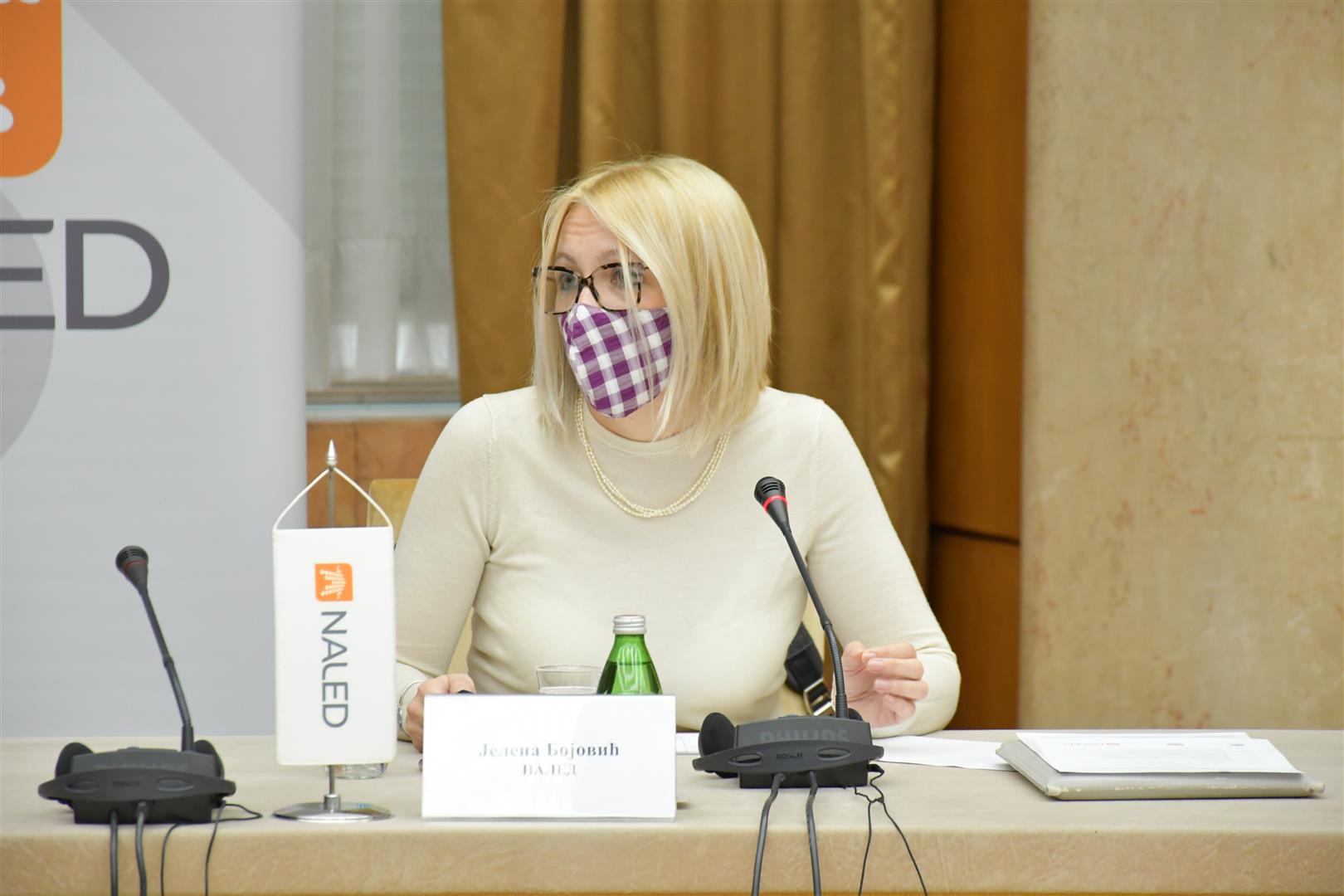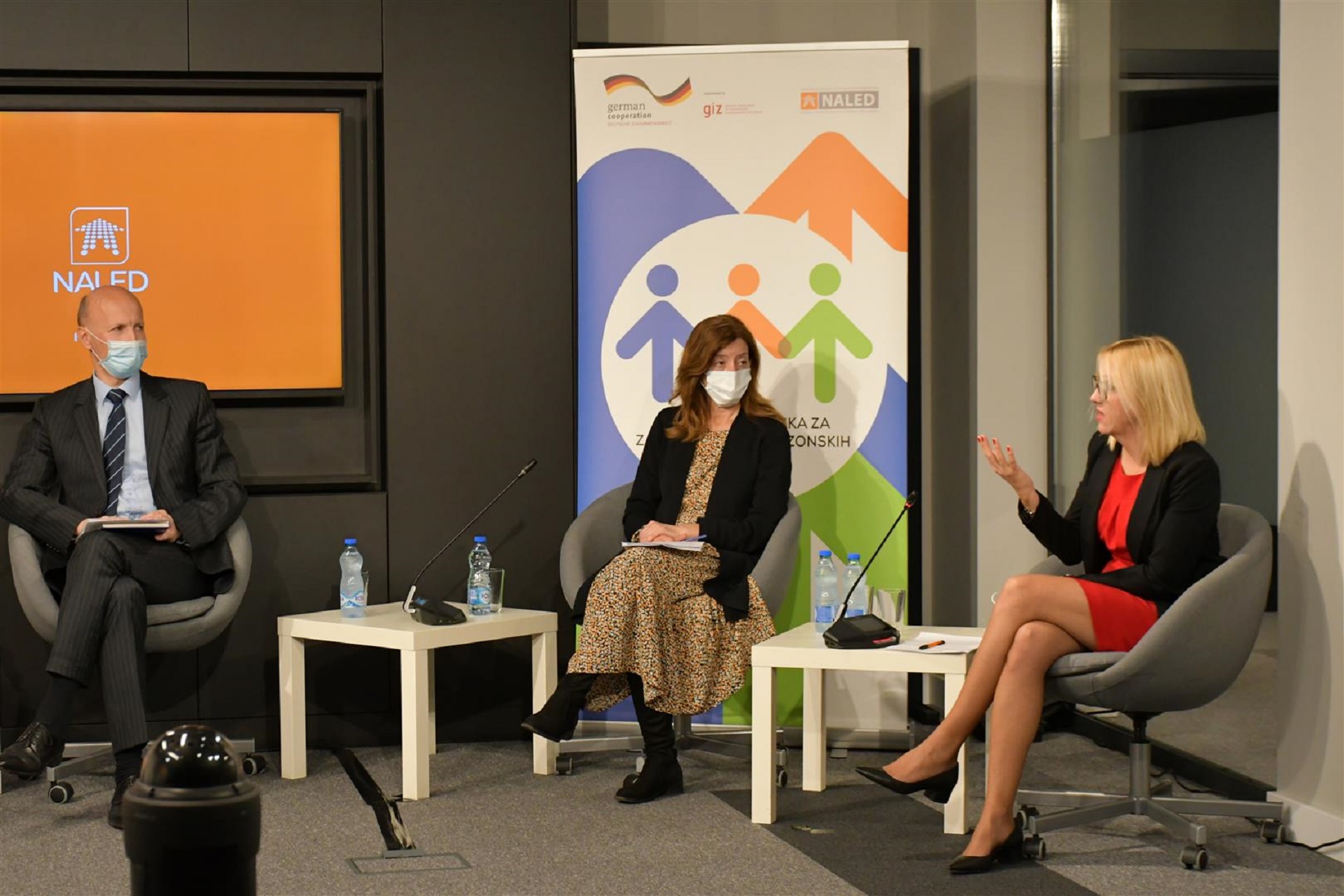The system of online registration of auxiliary workers being expanded to new sectors
The first draft of amendments to the Law on Simplified Engagement for Seasonal Work, which would successfully extend the electronic registration model from agriculture to new sectors, could be ready by February and in use in the middle of 2021 - it was announced at the first session of the Government’s Interministerial working group.
The working group will consider the possibility for employers to use the simplified electronic procedure to register seasonal and occasionally engaged workers in the field of construction, tourism, catering, housework and creative industries, where there is a significant amount of illegal work..
The figures show how successful the reform we implemented was. In the first year of application of the electronic system of registration of seasonal workers in agriculture, the number of registered workers has increased from 3,500 to slightly more than 26,600. The new system has so far been used by 311 employers, who registered 820,000 days of engagement, and paid 250 million dinars in taxes and contributions. Guided by the strong results based on this Law, the Government of the Republic of Serbia and the Ministry of Labor, Employment, Veteran Care and Social Policy recognized the need to extend the scope of seasonal employment reform to the sectors of construction, tourism, and catering - said the Minister of Labor, Employment, Veterans and Social Policy, prof. PhD Darija Kisić Tepavčević.
The British Embassy, through the UK Government’s Good Governance Fund, will support the expansion of the system through the project "Promotion of economic development and good governance through introduction of a simplified model of employment of informal workers", which will be implemented by NALED.
In the last five years, we have worked with NALED to cut the red tape and develop eGovernment, through projects aimed at abolition of seals and electronic registration of property in the cadastre. We now want to support employment through further development of a digital platform for employee registration and raising awareness of the benefits of legal employment. We will help create an inclusive environment with better conditions for vulnerable groups, more transparent governance and greater fiscal sustainability, said Rebecca Fabrizi,
NALED Policy Director Jelena Bojović pointed out that informal employment is one of the key generators of the shadow economy.
Physical workers on construction sites, assistant waiters, babysitters, extras or assistants in filming are most often hired for a smaller number of days, in line with the current needs. Applying for a part-time contract for a monthly salary of 30,000 dinars would mean a tax liability of almost 20,000 dinars, which is why both the employer and the employee prefer to pay the gross amount in cash, without paying contributions and taxes. As with agriculture, our goal is to protect the workers, to ensure that they are paid pension and partial health insurance, while also making it easier for employers, by enabling registration via web portal or mobile application for specific days of engagement, with a stimulative fixed amount for taxes and contributions – and finally, making sure that the state budget also benefits from the reform - said Bojović.
According to the data of the Statistical Office of the Republic of Serbia, the share of informally employed in the total number of workers is 18.2% and most often, these include persons hired for a shorter period. One-third of workers work illegally for up to three months, and another 20% for up to six months. NALED's analysis of the possibility of expanding the system to other sectors indicates that a third of workers are employed illegally in construction (out of a total of 140,000), about 20% in tourism and catering (out of about 102,000), along with one in two employees in household maintenance jobs. Therefore, it is expected that the law amendments should introduce tens of thousands of citizens into legal flows.


